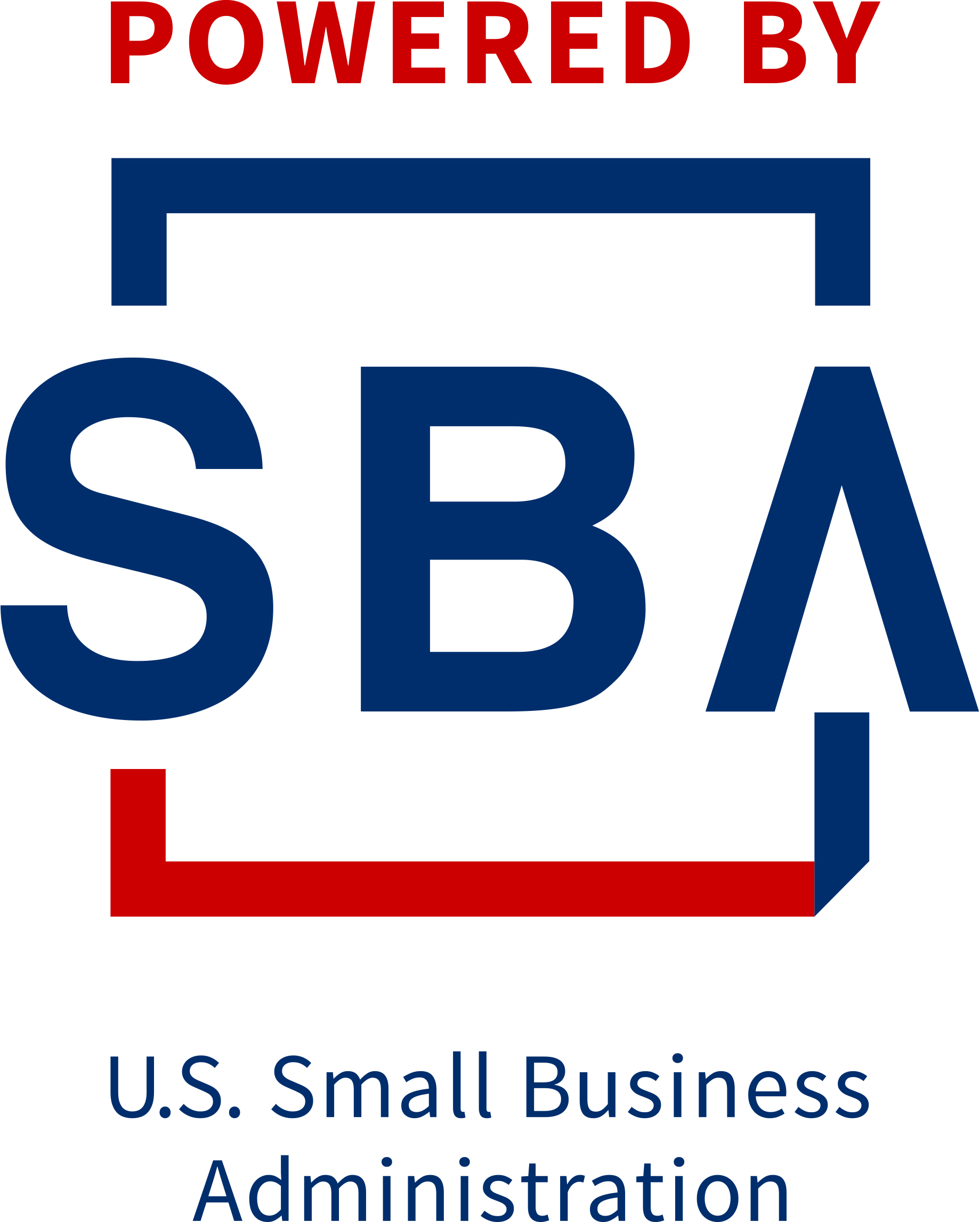Buy, Sell, or Exit Business
The Kansas SBDC provides expertise to help you work through the processes of Buying, Selling, and Exiting a business. Our Start page discussed how we can assist entrepreneurs start a business from scratch. Here we discuss how businesses are transitioned. A business transition is the transfer of ownership. We do not provide legal, tax, or investment/ financial planning advice. Always seek competent professional advice before deciding to buy, sell, or exit any business.
Buy
One method of starting a business is to buy one! It can save you time and effort because you are purchasing a complete business: Employees, Equipment, Building, Processes, Systems, Documentation, Furniture, Computers…EVERYTHING!
Please note. This is not a complete list of every conceivable area required to buy an existing business. Always seek competent professional advice before considering the purchase of an existing business.
Options
The first step is to understand your options and capabilities. Buying a business is easier than starting one from scratch, but the process of evaluating what you want to do is the same. Ask yourself: “What do I want to do?” “Do I want a Lifestyle Business or a Scalable Business?” Your Kansas SBDC Advisor will help you with this and other issues.
Right Business
It is important to find the right business. There are many ways to locate businesses that are for sale. Looking around in your town is one obvious way. You could also ask your local Chamber of Commerce, Kansas Department of Commerce, or Economic Development Officer. They could have insight into businesses that might be available. You could also locate a Business Broker or an online broker site.
Once you find a business, you want to ask good questions and collect information. The first thing to expect is signing a Confidentiality and Non-Disclosure Agreement. Some businesses will have a Confidential Business Review prepared that provides general information.
You want to focus on financial statements and analyze the Income Statement (Profit & Loss Statement), Balance Sheet, and Cash Flow Statements. You will want to ask the current owner lots of good questions to understand if there are opportunities to improve sales and profitability and to determine what the real financial benefit to the current owner is (how much they are REALLY making). Your Kansas SBDC Advisor can help you with all of these issues and more.
Get Financing
This is an important step that should come before the Offer. By having financing in the works, or at least discussed, gives more credibility to your offer. Many deals fall apart after everything is agreed upon because the buyer can’t obtain financing.
The vast majority of buyers fund about 30% to 50% of the cost from personal savings, friends, and family. The remaining 50% to 70% comes from a combination of Seller Financing, SBA Guaranteed Loans, and Commercial Loans. Your Kansas SBDC Advisor can help you work through the funding challenges.
Make an Offer
Decide if you want to make an Equity/Stock Sale or an Asset Sale. Consider presenting a Letter of Intent before a formal Purchase Agreement. After the seller accepts the Letter of Intent, you will want to start the Due Diligence Process and identify/resolve any issues. At that point, a formal Asset Purchase Agreement or Equity/Stock Purchase Agreement should be offered.
Negotiate the Deal
In business, everything is negotiable. You will want to verify the following details before making the purchase.
Review and Verify:
|
All Financial Information |
Business Structure and Operations |
|
All Material Contracts |
All Customer Information |
|
All Employee Information |
Legal Issues |
|
All Physical Assets and Real Estate |
All Intellectual Property |
Sell
Selling a business should be viewed as the reverse of buying. The things that a buyer looks for in a business should be the things a seller must ensures are in proper condition. Additionally, it is going to take time and money to prepare any business for sale. Be ready to develop a budget and timeline.
Preparation
Being prepared to sell a business is half the battle. Here are a few areas that you absolutely must consider.
The Why? Knowing why you want to sell your business will be one of the first questions a serious buyer will want to know. If you tell a buyer that you are tired of the hassle, they might conclude that there are problems or that the business isn’t running properly. The #1 reason that owners give for selling their business is retirement. If it is true, don’t be embarrassed to state it!
How. Decide if you want to use an Intermediary (business broker, investment banker) or negotiate the sale yourself.
What. Decide what specifically you intend to sell. Are you selling the entire legal entity or simply selling the asset and goodwill? If you use an intermediary they will charge for their services, but it is often worth the investment.
Who. Who do you want to sell to? Understanding the type of buyer you are targeting can have an influence on the potential sales price.
When. Selling a business isn’t like selling a car. You can’t simply list it on a local website and expect to have offers in a week or two. Attracting a strong buyer can take 12 to 18 months (depending on how you want to sell it), a minimum of 90-days for a buyer to arrange financing (if the buyer is “bankable”), 30 to 60 days to negotiate the deal and transfer, and 2 or 3 months to complete due diligence. The time adds up. Using the estimated times above, that is 18 months to 26 months.
Strengths & Weaknesses. Know what your business does well and not so well. You will want to improve those areas that are weakest and showcase those areas where the business really shines!
Image. If you have patents, registered trademarks, and/or copyrights ensure that you have the documentation. Ask your attorney about any questions you might have. Review your signage and any marketing materials to ensure that they are fresh and up to date.
Financials. Ensure that you have your CPA/Accountant prepare an income statement, balance sheet, and cash flow statement for the last 3-5 years the business has been operating. Also have the last 3-5 years of federal tax returns for the business.
Physical Condition. Nothing says “low value” like a business that needs fresh paint, repairs, cleaning, and removal of clutter. To obtain the best value, your business must “show” well.
Products. Are all of your products serviceable, clean, current, and ready to sell? Buyers won’t pay you for obsolete or excess inventory. If inventory is in a back room with an inch of dust on it, a buyer might question if the business can really make sales.
Value. Know the value of your business. Find a competent person to conduct a business valuation. It doesn’t always need to be a Certified Business Valuation. What you want to know is “What might a serious buyer be willing to pay for this business?” If you use an Intermediary, they might be able to do this for you. The Kansas SBDC is also able to perform this for you.
For more information on the Selling Process, become client of the Kansas SBDC and schedule an appointment.
Business Valuations
A business valuation is a process of determining the economic value of a business. There are many different purposes for a valuation and some have legal implications. Most often they are used to determine the market value of a business for a variety of reasons, such as sales value, establishing partner ownership, taxation, and even divorce proceedings. Depending on the purpose of a valuation, there are several different methods that could be used, options that may be assessed, and a range of prices.



Funded in part through a Cooperative Agreement with the U.S. Small Business Administration.